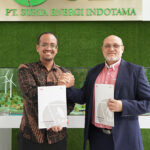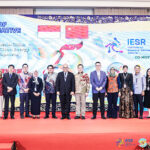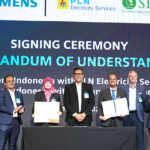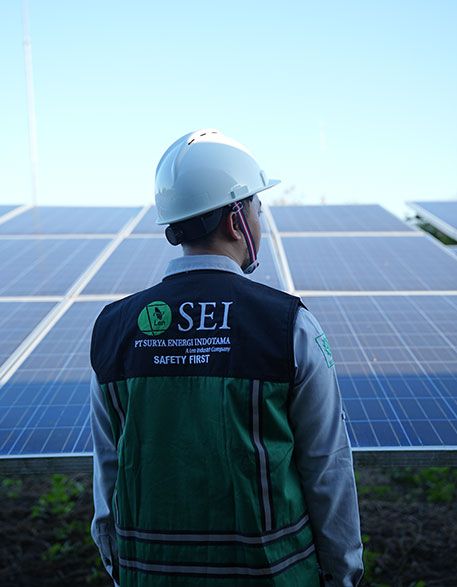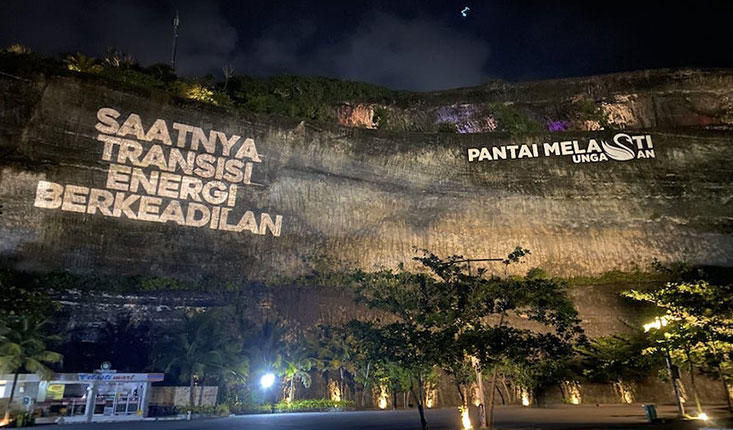
G20 and Energy Transition
The grand G20 Bali event in June-November 2022 was successfully implemented. An achievement was made with the presence of 17 heads of state participating in the summit amidst the difficult world situation. The G20 members are South Africa, the United States, Saudi Arabia, Argentina, Australia, Brazil, India, Indonesia, the United Kingdom, Italy, Japan, Germany, Canada, South Korea, Mexico, France, Russia, China, Turkey, and the European Union.
In this summit, various concrete results were agreed upon as solutions to various global issues. One of them is the sustainable energy transition. The sustainable energy transition is one of the priority issues in the G20 Summit because it is part of the key solution to overcoming the ongoing global energy crisis.
Participating countries agreed to accelerate the energy transition, including ensuring the achievement of the global sustainable development target by 2030. Especially for access to reliable, sustainable, and affordable modern energy for all. As is currently known, the sustainable energy transition has a very important role in global climate change.
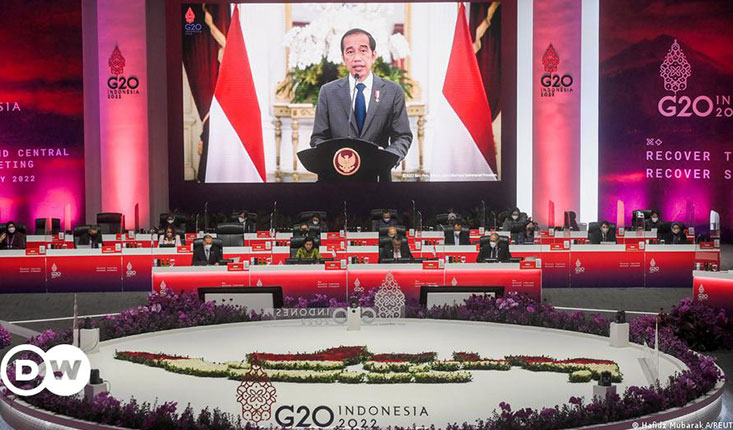
The G20 Bali Summit emphasized the importance of developing innovative and affordable technology and infrastructure. This aims to support the energy transition, including the importance of cooperation on knowledge transfer and technological innovation. In addition, the agreement continues to increase mutual investment and encourage financial flows to developing countries to accelerate the energy transition and strengthen cooperation.
The acceleration of the energy transition is based on the principle of considering the benefits for all parties without anyone being left behind in the process. These principles are:
- Strengthening trust and clarity in planning, implementation and evaluation nationally
- Improving energy security, market stability and affordability
- Securing energy supply and infrastructure
- Securing resilient, sustainable and reliable systems
- Improving the implementation of energy efficiency
- Diversifying energy systems and mix
- Reducing emissions from all energy sources
In addition, the challenges that need to be faced are funding issues in addition to technical issues such as mastery of technology, project implementation time, and the readiness of the supporting industry. The energy transition requires a lot of funds, including to accelerate the retirement of the Steam Power Plant (PLTU). In overcoming these challenges, Indonesia is trying to make a number of breakthroughs, including the issuance of Presidential Regulation Number 112 of 2022 concerning the Acceleration of Renewable Energy Development for Electricity Supply. With the presence of the G20, this is a strengthening of Indonesia's and the world's commitment to realizing a better world by accelerating the energy transition process towards clean and new renewable energy.
